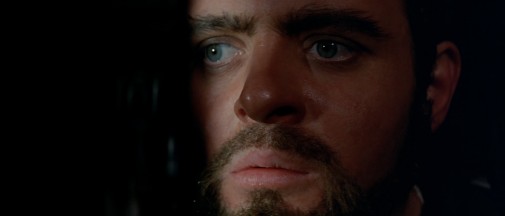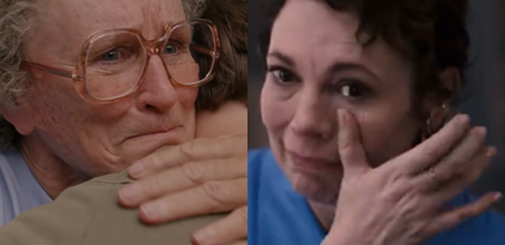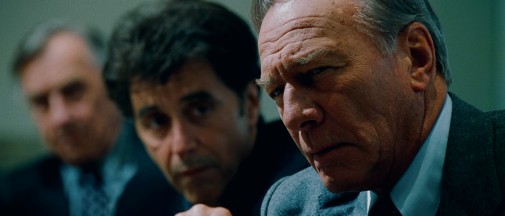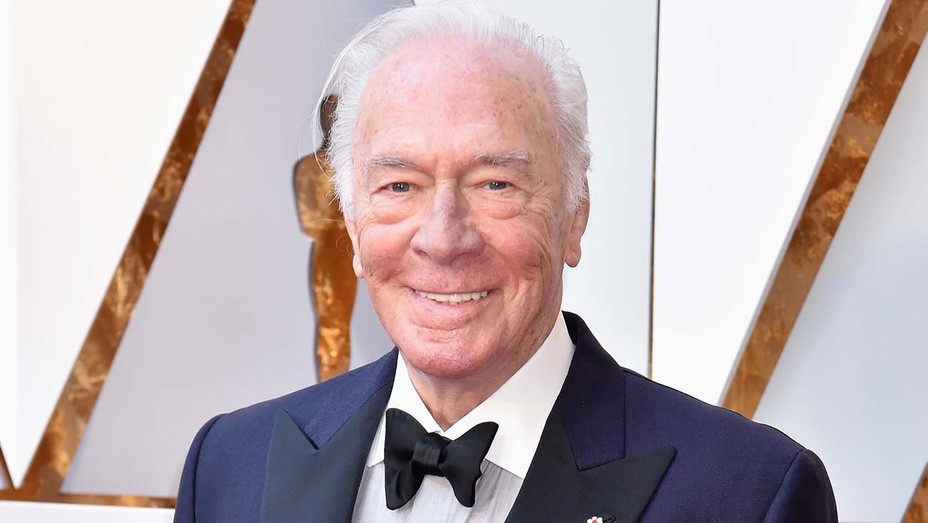Almost There: Anthony Hopkins in "The Lion in Winter"
 Thursday, March 11, 2021 at 9:30PM
Thursday, March 11, 2021 at 9:30PM 
As the Oscar nomination morning approaches, it seems certain that Anthony Hopkins is about to receive his sixth nod. Seeing as he's considered a wizened old thespian of stage and screen, it may be difficult to recall the days when he, like so many others, was a young actor. In 1968, Hopkins was nearing his 30th birthday when his second ever feature premiered. Thanks to that film, he got the first brush with film awards and might have even come close to an Oscar nomination. In Anthony Harvey's adaptation of James Goldman's The Lion in Winter, Hopkins plays Richard, future king of England, son of Henry II…






